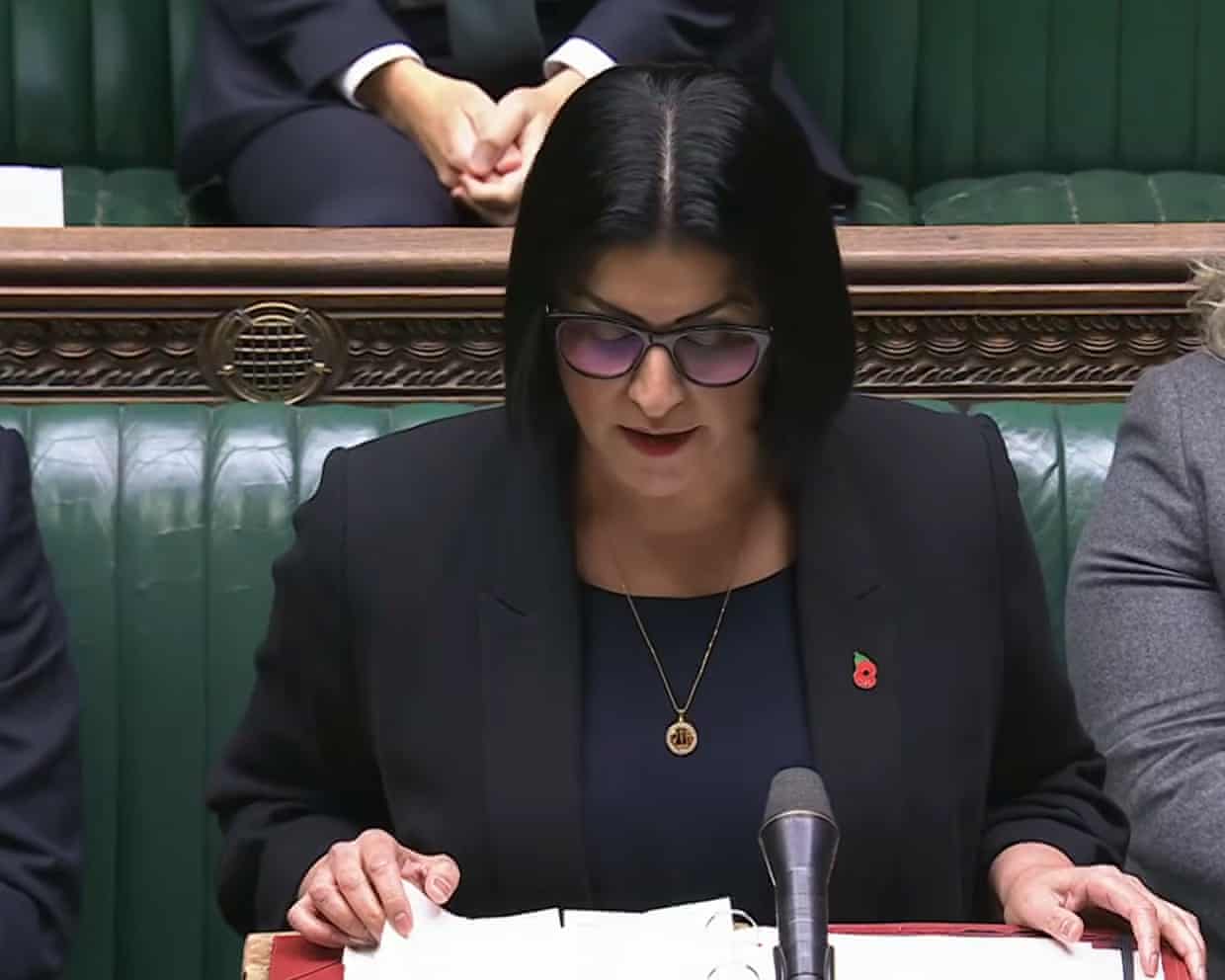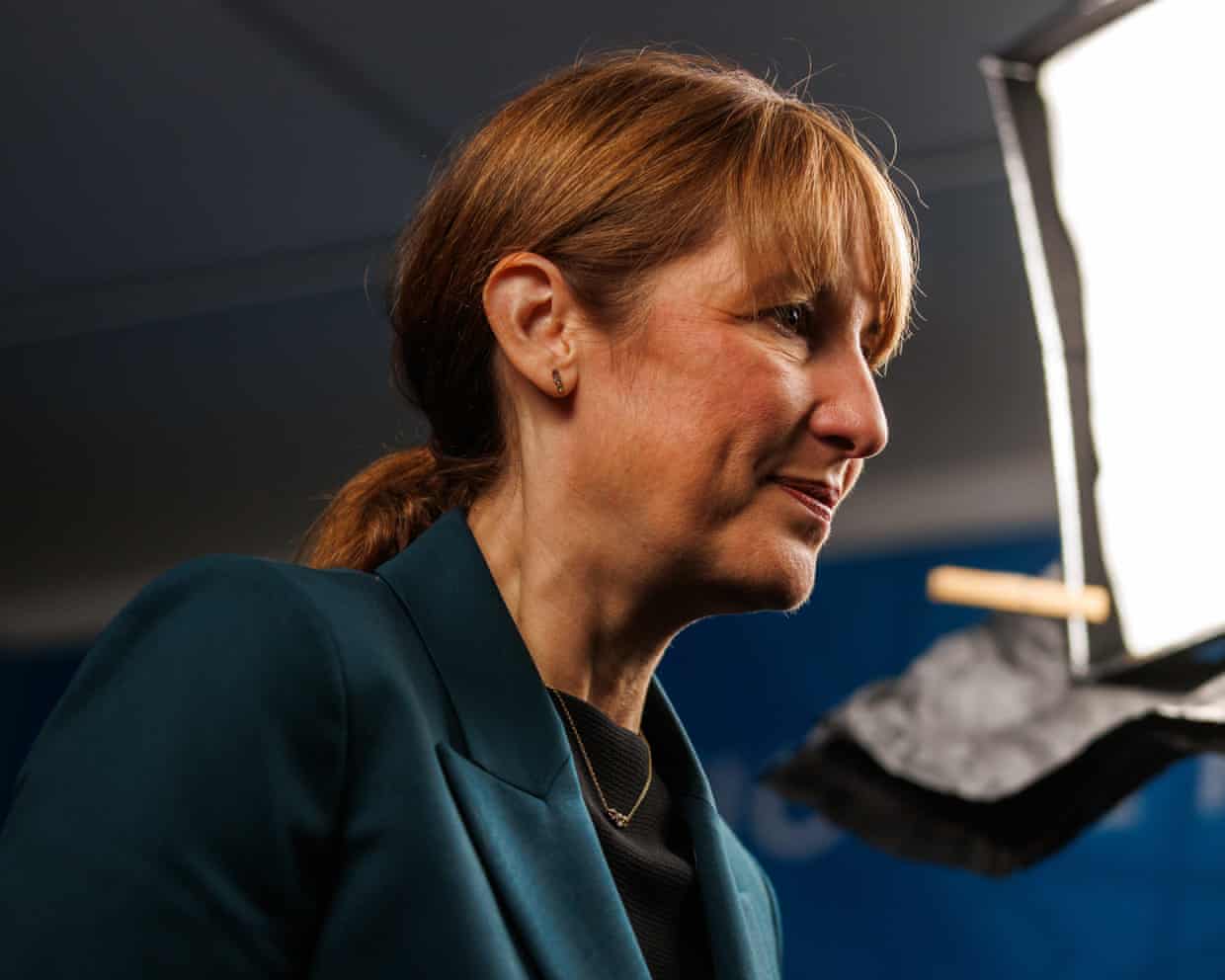Walking 3,000 or more steps a day may slow progression of Alzheimer’s, study says

Even modest amounts of daily exercise may slow the progression of Alzheimer’s disease in older people who are at risk of developing the condition, researchers have said.People are often encouraged to clock up 10,000 steps a day as part of a healthy routine, but scientists found 3,000 steps or more appeared to delay the brain changes and cognitive decline that Alzheimer’s patients experience.Results from the 14-year-long study showed cognitive decline was delayed by an average of three years in people who walked 3,000 to 5,000 steps a day, and by seven years in those who managed 5,000 to 7,000 steps daily.“We’re encouraging older people who are at risk of Alzheimer’s to consider making small changes to their activity levels, to build sustained habits that protect or benefit their brain and cognitive health,” said Dr Wai-Ying Yau, the first author on the study at Mass General Brigham hospital in Boston.Dementia affects an estimated 50 million people worldwide, with Alzheimer’s disease the most common cause.
In the UK, more than 500,000 people have Alzheimer’s.The condition is linked to the buildup of two toxic forms of proteins in the brain, namely amyloid-beta plaques and tau tangles.Yau and her colleagues analysed data from 296 people aged 50 to 90 who were cognitively unimpaired at the beginning of the study.The data included annual cognitive assessments, step counts measured by pedometers, and PET imaging to detect levels of amyloid and tau in the volunteers’ brains.People with little brain amyloid at the start showed very little cognitive decline or buildup of tau protein over the course of the study.
The risk of Alzheimer’s was greater for those with elevated amyloid at baseline, and among them, higher step counts were linked to slower rates of cognitive decline and a delayed buildup of tau proteins.In sedentary individuals, the buildup of tau and cognitive decline was substantially faster, the researchers report in the journal Nature Medicine.While the scientists cannot rule out reverse causation, where early brain changes in Alzheimer’s causes people to walk less in older age, the data suggests physical activity is protective.“We need randomised clinical trials to prove cause and effect, but it’s very encouraging that physical activity may help to modify someone’s trajectory,” Yau said.“If they have amyloid, they could have a slower rate of decline if they’re more physically active.
”How exercise could help is unclear, but physical activity improves blood flow, reduces inflammation and raises the levels of certain hormones and growth factors, all of which may play a role.“In terms of potential mechanisms, that is the million-dollar question we want to look at in future studies,” Yau said.Dr Julia Dudley, of Alzheimer’s Research UK, said: “The findings suggest that even a modest amount of walking each day, around 5,000 steps, is linked to a slower buildup of tau protein in the brain, one of the key drivers of Alzheimer’s disease.This gives us a clearer picture of how everyday activity may support brain health and impact the underlying causes of Alzheimer’s.“More research, including clinical trials, is needed to see the direct impact of physical activity on preventing and slowing the progression of dementia and on underlying disease causes.
But studies like this reinforce that simple changes to our lifestyle could help keep our brains healthier for longer.”

UK politics: MPs spar over response to Cambridgeshire train attack – as it happened
Max Wilkinson, the Lib Dem home affairs spokesperson, said within hours of this attack happening, social media was full of speculation about this attack, inciting racist and Islamphobic reaction.He accuses “figures on the hard right, including members of the Reform party” of trying to “exploit the incident for political gain”.Desperate to involve themselves in the tragedy, they reached for their dog whistles. They threw around baseless opinions on levels of crime when facts were available. They were shamelessly trying to turn tragedy into yet another excuse to whip up fear and sow division

What would UK economic policy look like under Nigel Farage’s Reform?
Nigel Farage has delivered a speech on his economic priorities. While it did not announce any new policies as such, it marked the most detailed explanation yet of what a Reform UK government might prioritise. Below are six areas he discussed.As recently as the buildup to May’s local elections, Reform was pledging to raise the threshold at which people start paying income tax from £12,570 to £20,000, bringing many thousands out of tax but costing the exchequer more than £40bn a year.Amid increasing scrutiny about how or if this could be paid for, Farage has rolled back

Nigel Farage backtracks on Reform UK’s promise to cut £90bn of taxes
Nigel Farage has rowed back from his party’s election promise to cut £90bn of taxes, accusing Labour and the Tories of “wrecking the public finances” and saying Reform UK would need to get public spending under control first.The Reform leader rejected suggestions he had been forced to break manifesto promises in order to gain economic credibility, suggesting the proposal had only ever been an “aspiration”.As well as backtracking on the party’s 2024 pledge to raise tax-free thresholds to £20,000, he refused to guarantee that the pensions triple lock – estimated to reach £15.5bn by 2030 – would remain under a Reform government.Farage’s speech in the City of London laid bare the tensions at the heart of his project, as he attempts to improve his party’s economic credibility, which political opponents regard as a weak point, while at the same time retain the electoral benefits of political insurgency

Nigel Farage to promise business deregulation in economic policy speech
Nigel Farage will promise a bonfire of business regulation as he spells out his party’s economic policies in more detail than ever in an attempt to bolster its reputation for fiscal credibility.The Reform leader will give a speech in London putting deregulation at the heart of his economic agenda, while also dropping a commitment made at the last election to deliver £90bn of tax cuts.The message is designed to bolster his party’s reputation for fiscal credibility after experts warned that his promises to cut £350bn from government spending over the next parliament did not add up.Farage will say: “When it comes to Brexit … we have not taken advantage of the opportunities to deregulate and become more competitive. The harsh truth is that regulations and regulators, in many areas, are worse than they were back in 2016

Tory patience wears thin as Badenoch’s critics count down to May elections
At an opulent speakeasy-style event at the Raffles hotel on Whitehall this week, the great and the good of what is left of the Conservative party marked the Spectator’s parliamentarian of the year awards.With the magazine’s editorial line still just about backing the Tories, despite the party facing an existential crisis from Reform UK, it was unsurprising that much of the gossip at the champagne-fuelled event was about whether Kemi Badenoch’s job was at risk.James Cleverly, who unsuccessfully ran against her for the leadership, couldn’t resist a dig from the stage at the naked ambition of his shadow cabinet colleague, Robert Jenrick – who is Badenoch’s biggest threat.“Am I after her job? Am I going to stick the knife between her shoulder blades and steal the crown? No, of course I’m not,” the veteran Tory cabinet minister told the laughing audience as he opened the awards ceremony.“You know that I’m not

Rachel Reeves considers 20% tax on assets of people deciding to leave UK
Rich people quitting the UK could be required to pay a 20% tax on their business assets as part of plans reportedly being considered by the chancellor, Rachel Reeves.The Treasury has drawn up plans for a “settling-up charge” on assets; a move that would bring the UK into line with most other G7 nations and raise a predicted £2bn for the public coffers, according to the Times.While expat status does not provide an exemption from 20% capital gains tax on the sale of UK property and land valued at £6,000 or more, it does on the sale of some other assets, such as shares in many companies.Under the new plans, the 20% charge would be levied on the value of these assets when exiting the country.A government source said the settling-up charge was one of several tax options being modelled by the Treasury before the budget – but stressed that no decisions had been taken

Pornography depicting strangulation to become criminal offence in the UK

Equality commission’s guidance after sex ruling is fundamentally unworkable | Letter

Walking 3,000 or more steps a day may slow progression of Alzheimer’s, study says

UK’s unregulated pregnancy scan clinics putting lives in danger, say experts

NHS hospitals to test AI tool that helps diagnose and treat prostate cancer

Why we must tackle the crisis in end-of-life care | Letters